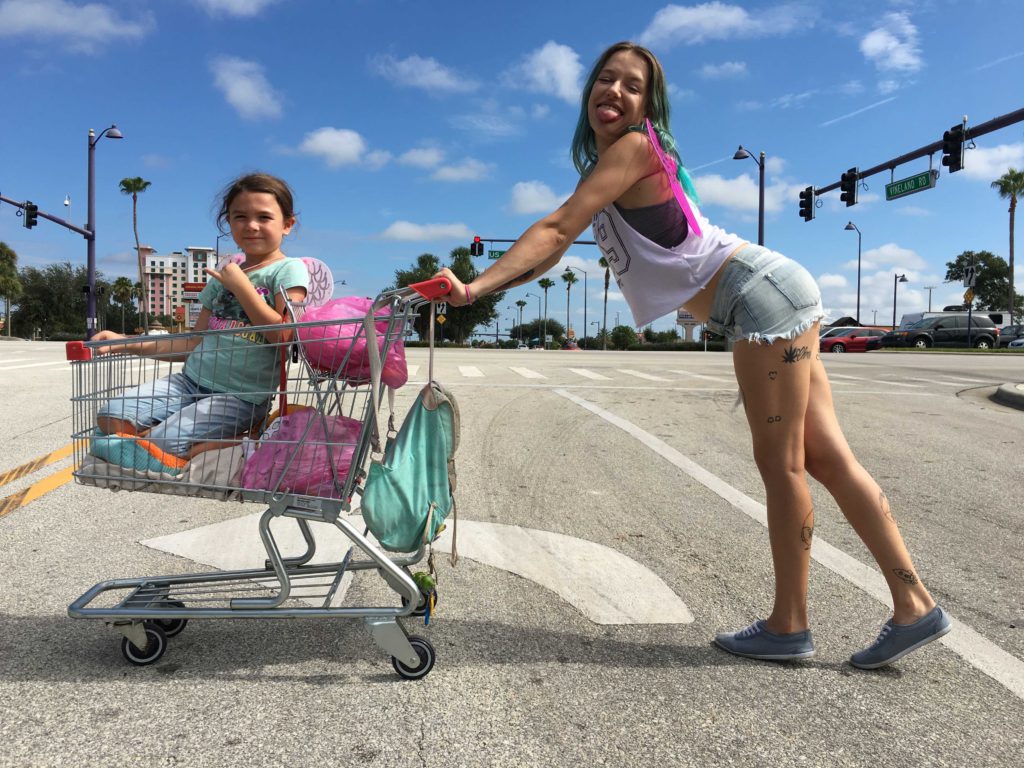
As the tickets for this year edition of the BFI London Film Festival go on sale, we have prepared a couple of posts with our picks from the programme. In the first one, we focus on the films we have already seen. The ones that we loved at Cannes, whose selection is well represented at the LFF, and some others we caught during our summer holidays in Spain. All of them will likely count among the best films of 2017. Have a good festival!
THE FLORIDA PROJECT (Sean Baker)
Received with raves at Cannes, the follow-up of Sean Baker’s excellent Iphone-shot debut, Tangerine, is another powerful portrait of the American underclass, titled after the original name given to Disney World’s Orlando park. This time he captures the restless energy of the children living in a motel next to the popular tourist destination, while raising thought-provoking questions about education and social opportunity in the States. A terrific, mostly non professional cast joins Willem Dafoe in his best role in ages. If you can only watch a film at this year’s LFF, catch this one.
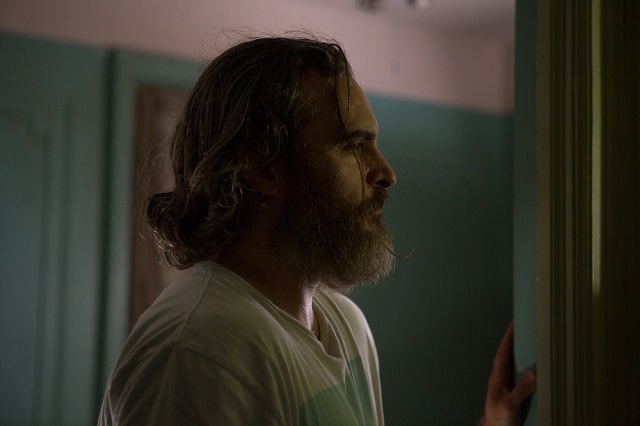
YOU WERE NEVER REALLY HERE (Lynne Ramsay)
Joaquin Phoenix gives a riveting performance as the troubled army veteran facing his demons after been given the task of rescuing a young girl from a sex traffic ring. Lynne Ramsay adapts Jonathan Ames novel, toning down the stereotypes associated to this kind of thriller, to deliver an astonishing psychological character study.
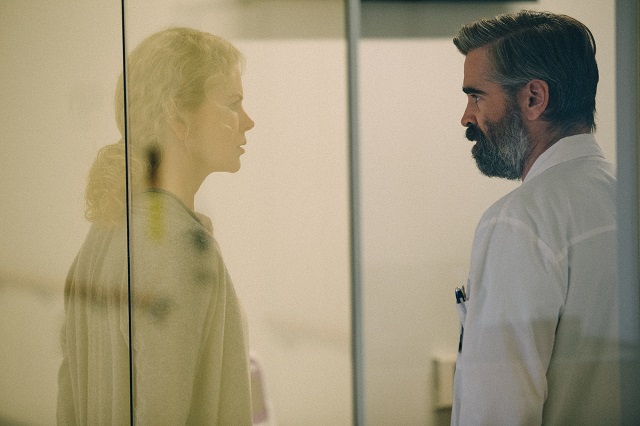
THE KILLING OF A SACRED DEER (Yorgos Lanthimos)
Colin Farrell and Nicole Kidman together for the second time this year, after Sofia Coppola’s The Beguiled, in our favourite Greek provocateur’s new offering. Leaving his habitual surreal criticism to contemporary institutions aside, but crafting one of the most disturbing and classic thrillers in recent memory, which echoes the spirit of the best Kubrick and boasts a revelation performance by Barry Keoghan as the intimidating teen who threats the foundations of a Doctor’s family.
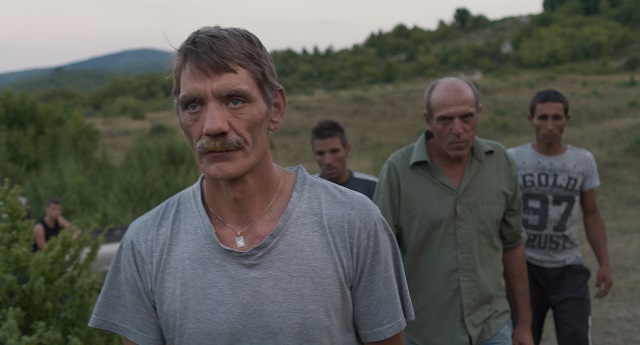
WESTERN (Valeska Grisebach)
Connecting the codes of the classic genre to the plight of contemporary emigrant workers, Grisebach follows up her excellent ‘Longing’ with this exploration of masculinity through the tale of a group of German builders send to a remote Bulgarian village. The relationship between them and cultural clashes with the locals are observed with such naturalism that it feels like a documentary.
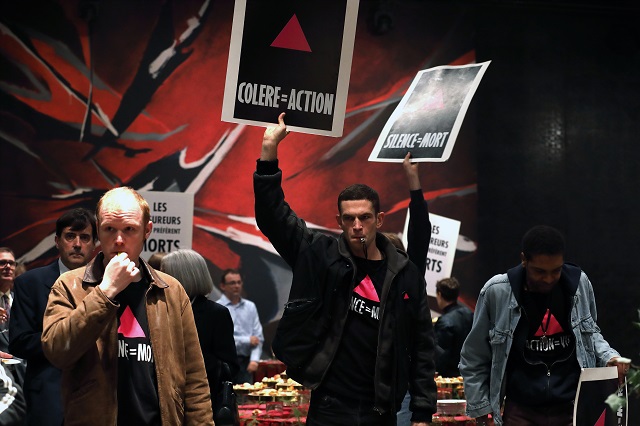
120 BPM (Robin Campillo)
Vibrant, in your face depiction of the the Paris wing of AIDS activist campaigners Act up, set at the origins of the pandemic. The political mismanagement, social rejection of the victims and pharmaceutical controversies that ensued are brilliantly reconstructed, so are the protest actions of this group of youngsters, impersonated by one of the best acting ensembles you’ll see in a film this year, fighting for their rights and their lives.
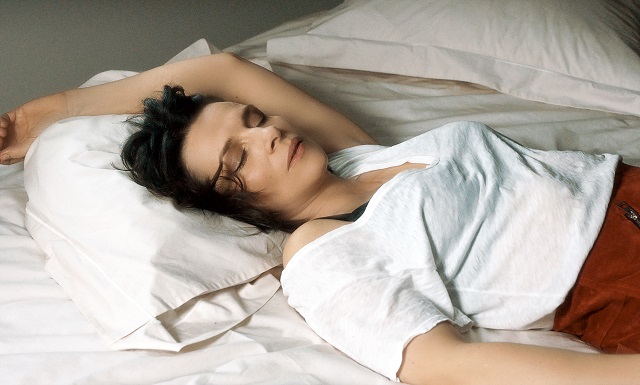
LET THE SUNSHINE IN (Claire Denis)
French auteur extraordinaire, Claire Denis, enters the realm of romantic comedy in a very personal way, as unexpectedly as it is successful thanks to another superb performance by Juliette Binoche, who excels in the role of an erratic middle-aged woman juggling between several toxic relationships, in hope one of them will finally become the one.
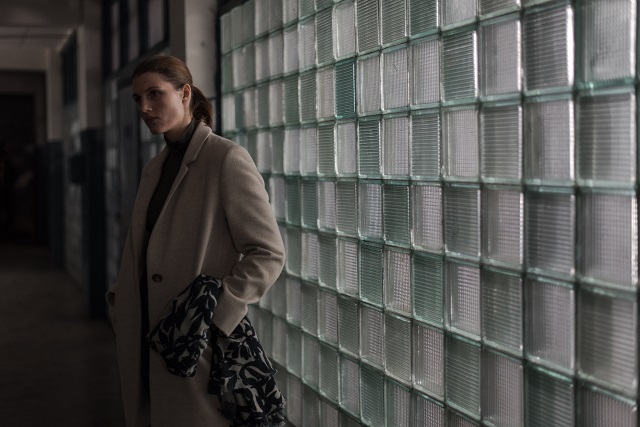
LOVELESS (Andrey Zvyagintsev)
After his impressive Leviathan, Loveless is another scalding look at the dehumanised state of contemporary Russia, incarnated in this tale of a divorcing couple who have to deal with the disappearance of their only son. As a master portraying bleak relationships, Zvyangintsev never disappoints.
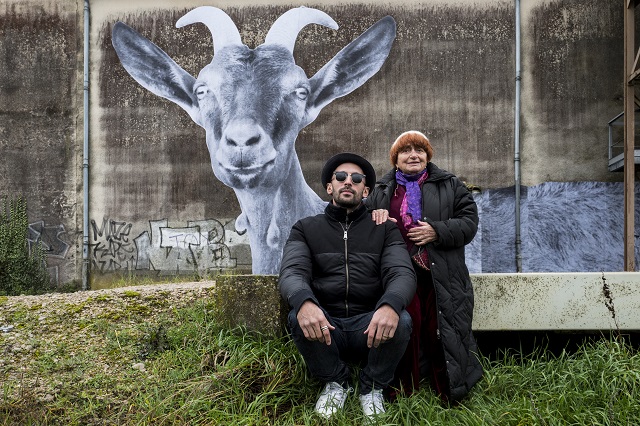
FACES PLACES (Agnès Varda)
Octogenary new wave legend Varda, proves that she can still give any younger directors a run for their money with this charming mix of documentary, travelogue and art project for which she teams up with street art photographer JR. The pair goes on a tour through the French countryside, taking pictures of the villagers and turning into large scale printings who will end up decorating the facades of their homes or buildings. A moving and humane portrait of the artists, their improvised models and the area they placidly explore.
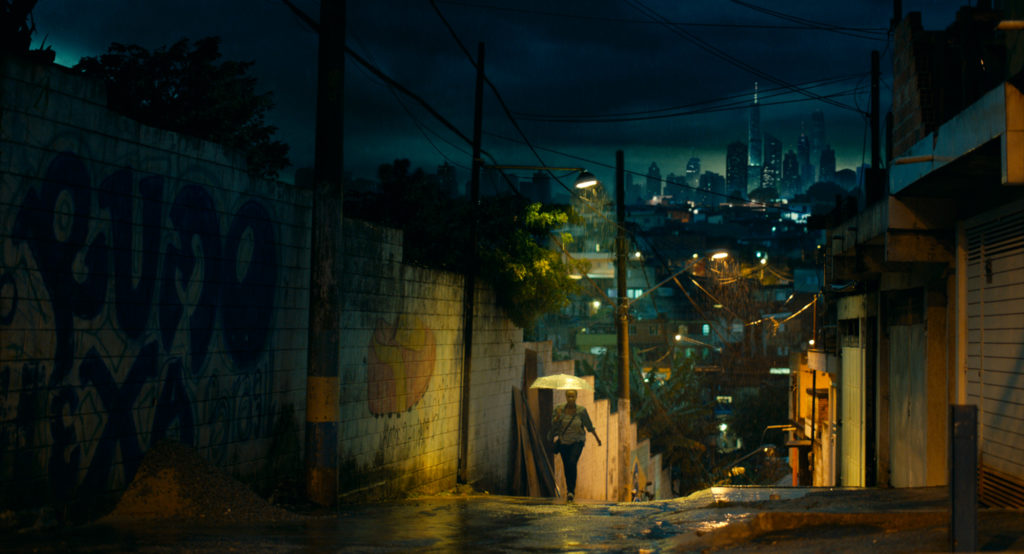
GOOD MANNERS (Juliana Rojas and Marco Dutra)
Those who think everything has been done already should check the work of this Brazilian couple, fresh from winning a special jury prize at Locarno. What initially looks like a study of class difference, done through the relationship of a well-off, pregnant woman with the maid she hires to help her, unexpectedly becomes a genre bending experience that hops from horror to musical, turning into a dark fairy tale with more plot twists than any of the country’s popular soap operas.
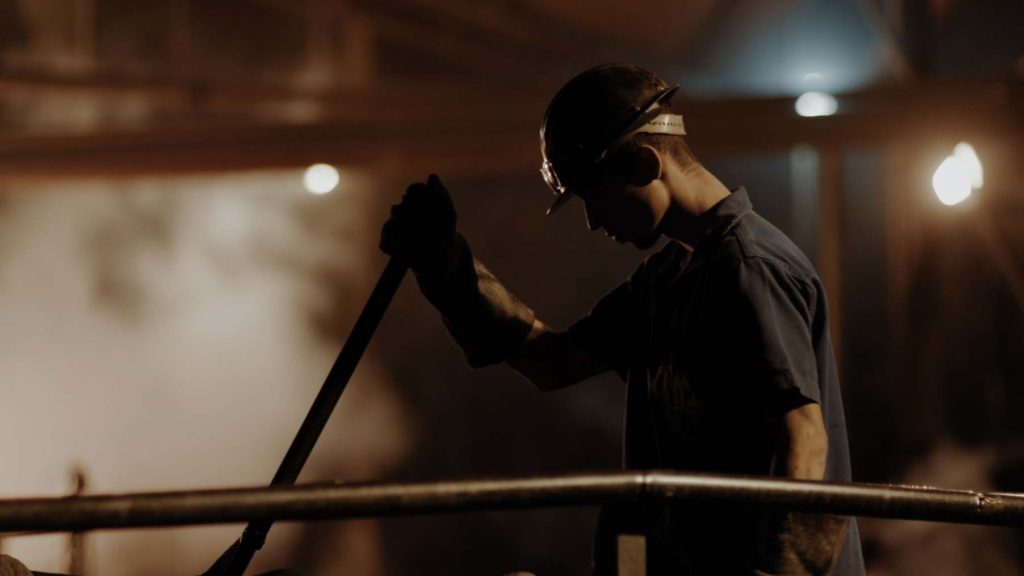
ARABY (Affonso Uchoa and Joao Dumans)
Another Brazilian directing team delivers a superlative example of social realism with this road movie in which an ordinary worker looks back at a decade of his experiences wondering around the country when looking for work. Poignant, poetic and politically charged, its circular structure reveals one of the most affecting cinematic experiences of the year.
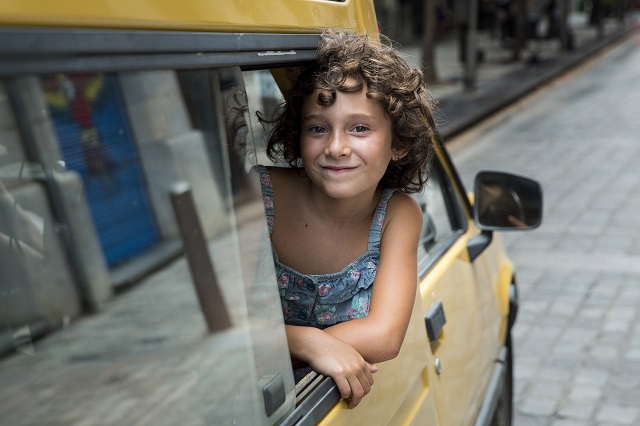
SUMMER 1993 (Carla Simon)
This Catalonian director won the Berlinale’s Best First Feature honour and has taken Spain by storm with her naturalistic portrait of a young girl sent to live with her uncle’s family after her parents died of AIDS. Simon avoids sentimentalism and boasts an impressive use of intimate gestures, managing to show, behind the games and excitement of a child on summer holidays, her psychological adaptation to a new familiar environment.
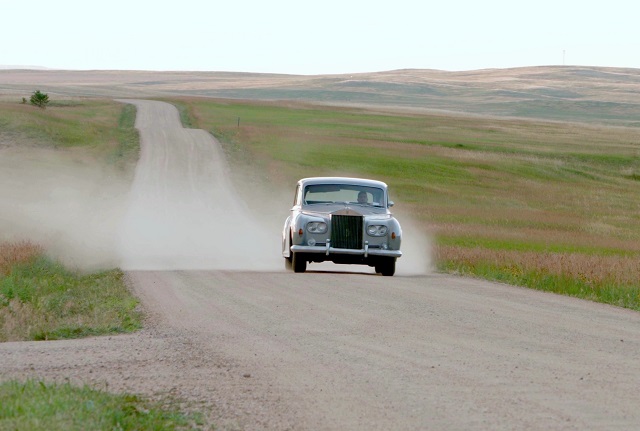
PROMISED LAND (Eugene Jarecki)
After exposing the scandalous irregularities of the American prison system, Jarecki takes Elvis Presley’s 1963’s Rolls to look at the cultural legacy of the King of Rock analysing the state of pre-Trump America. On his latest, superb documentary, actors and musicians of such calibre as Emmylou Harris or John Hiatt are invited to perform and share their thoughts while going for a ride in one of the most iconic vehicles in pop history.
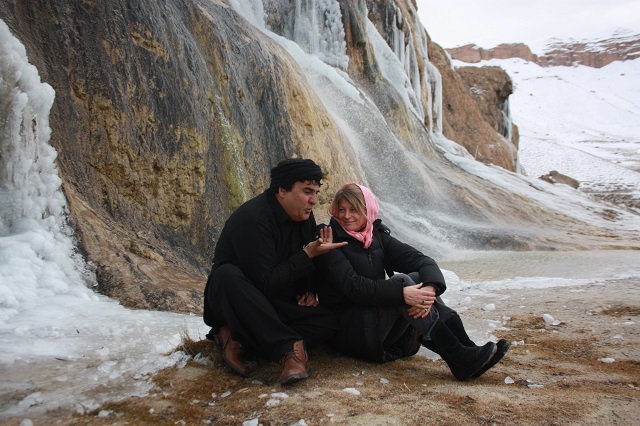
THE KING OF NOTHINGWOOD (Sonia Kronlund)
Want to know who’s the most prolific star in Afghanistan’s film industry? French journalist Sonia Kronlund discovers the work of Salim Shaheen, a TV actors specialized in playing women roles, who armed with a DIY all-terrain can do attitude, shoestring budgets and an obsessive passion, has produced over 100 movies against the backdrop of the country’s armed conflicts. An immensely enjoyable work which stands as a tribute to the universal reach of cinema.
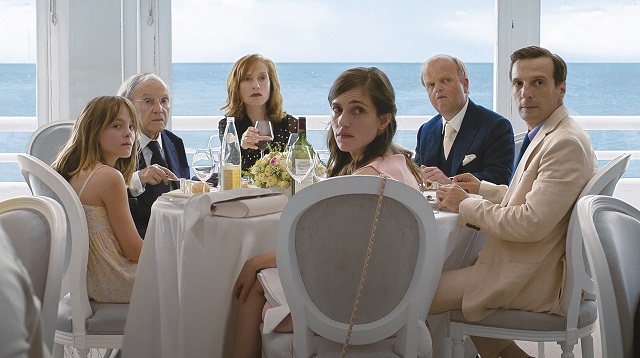
HAPPY END (Michael Haneke)
Like an anthology of his films, Haneke’s latest is set in Calais, echoing the development of the refugee crises, and reunites a cast headed by former collaborators (Huppert and Trintignant) referencing some of the most notable characters from his career to reflect upon another crisis, the one of the traditional bourgeois family in Europe.

GOOD TIME (The Safdie Brothers)
One of the latest revelations among American independents, the Safdies apply their visceral, energetic filmmaking style to a heist film that injects an adrenaline shot in the heart of popular subgenre. Robert Pattinson, who keeps on selecting his roles with a keen eye for challenge, descents on a violent downward spiral trying to save his disabled brother after a bank robbery gone wrong.
[…] to have a chat with Catalonian director Carla Simón. Her debut ‘Summer 1993’ is one of our recommended films from the festival, conquering audiences wherever is shown. It has been selected by the Spanish Film Academy for the […]
[…] the list of the best films we saw at this year’s event. We began our coverage recommending 15 films we had already seen at Cannes and other festivals. A list that perfectly complements this one and whose, at least, first 8 titles (among them, The […]